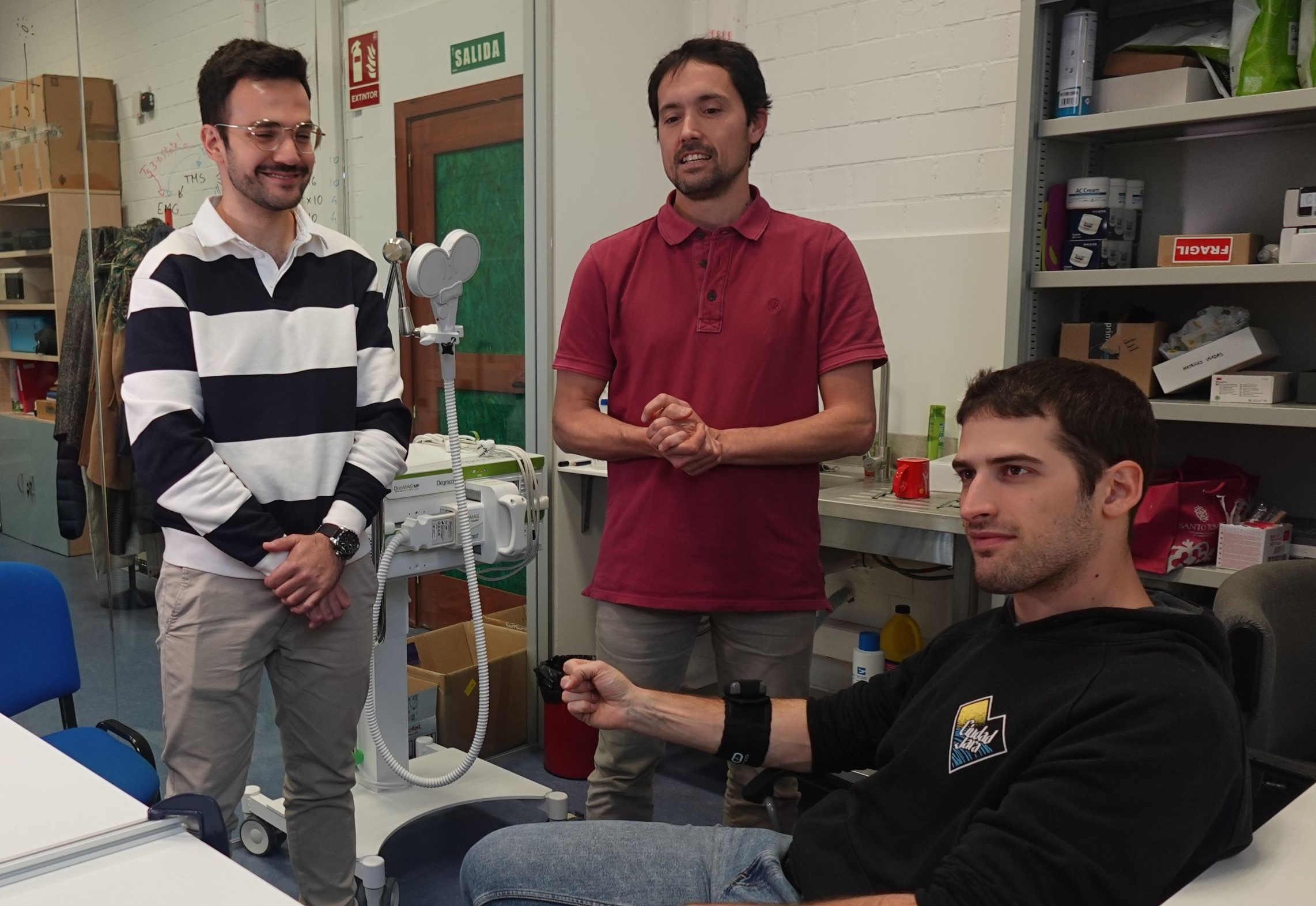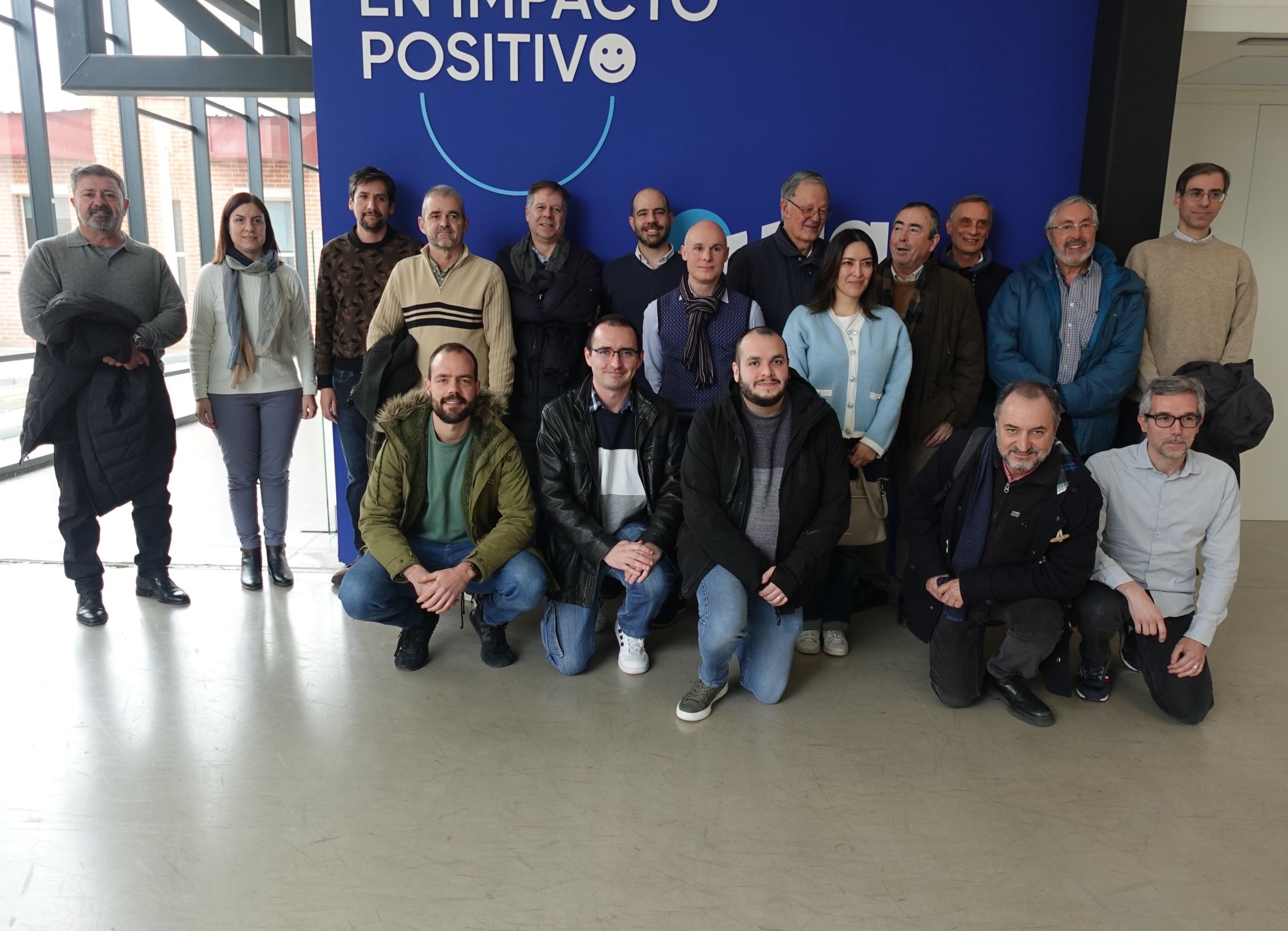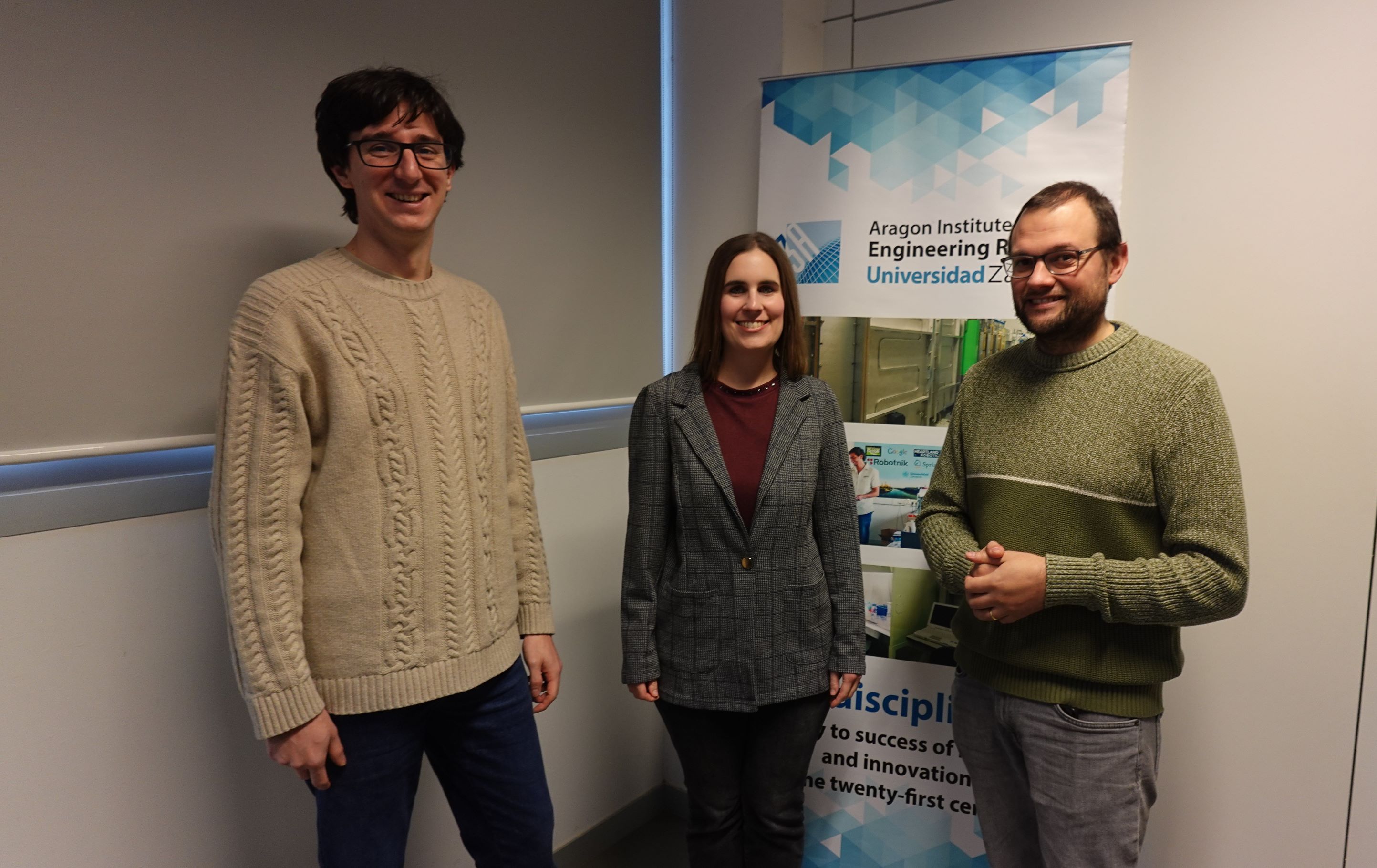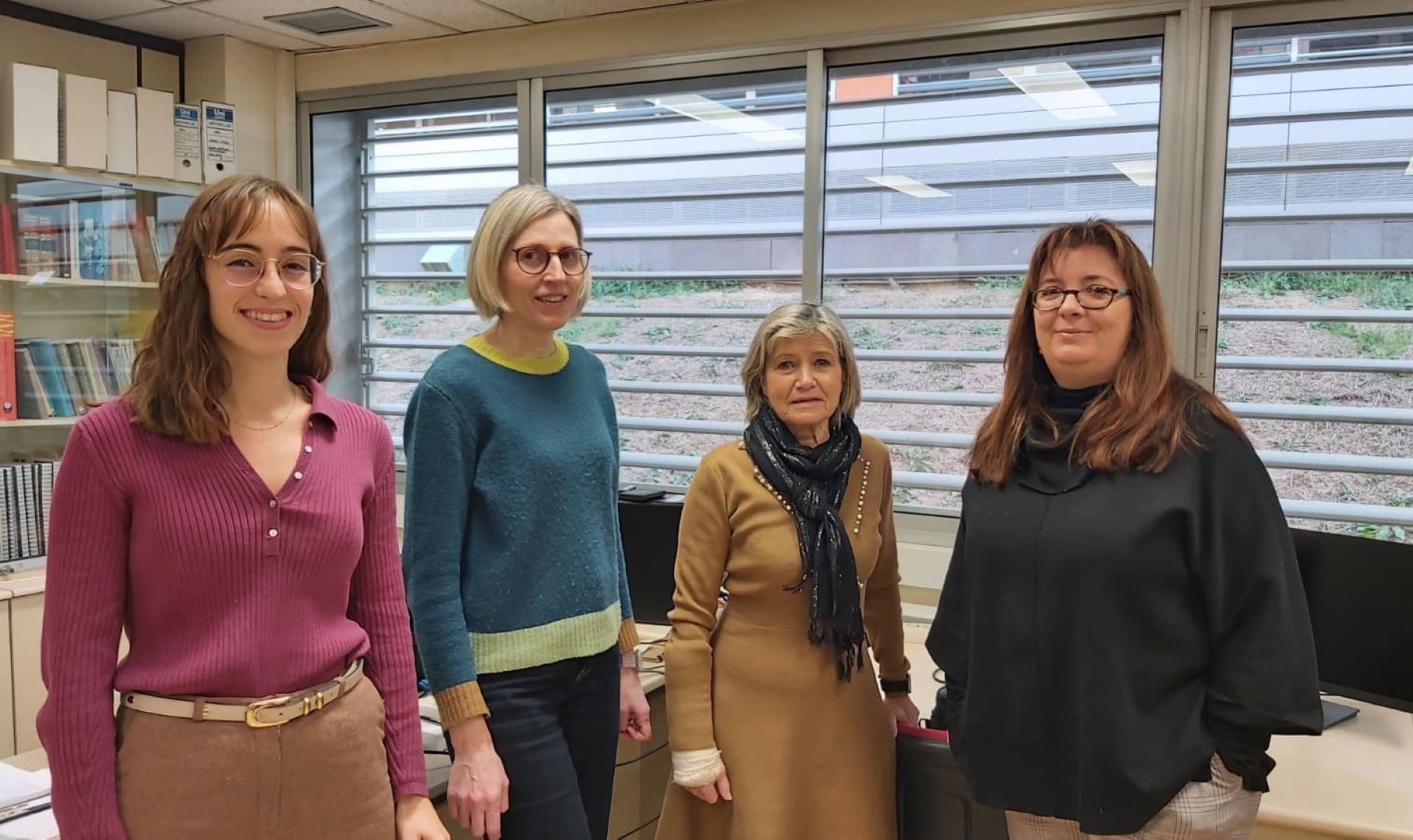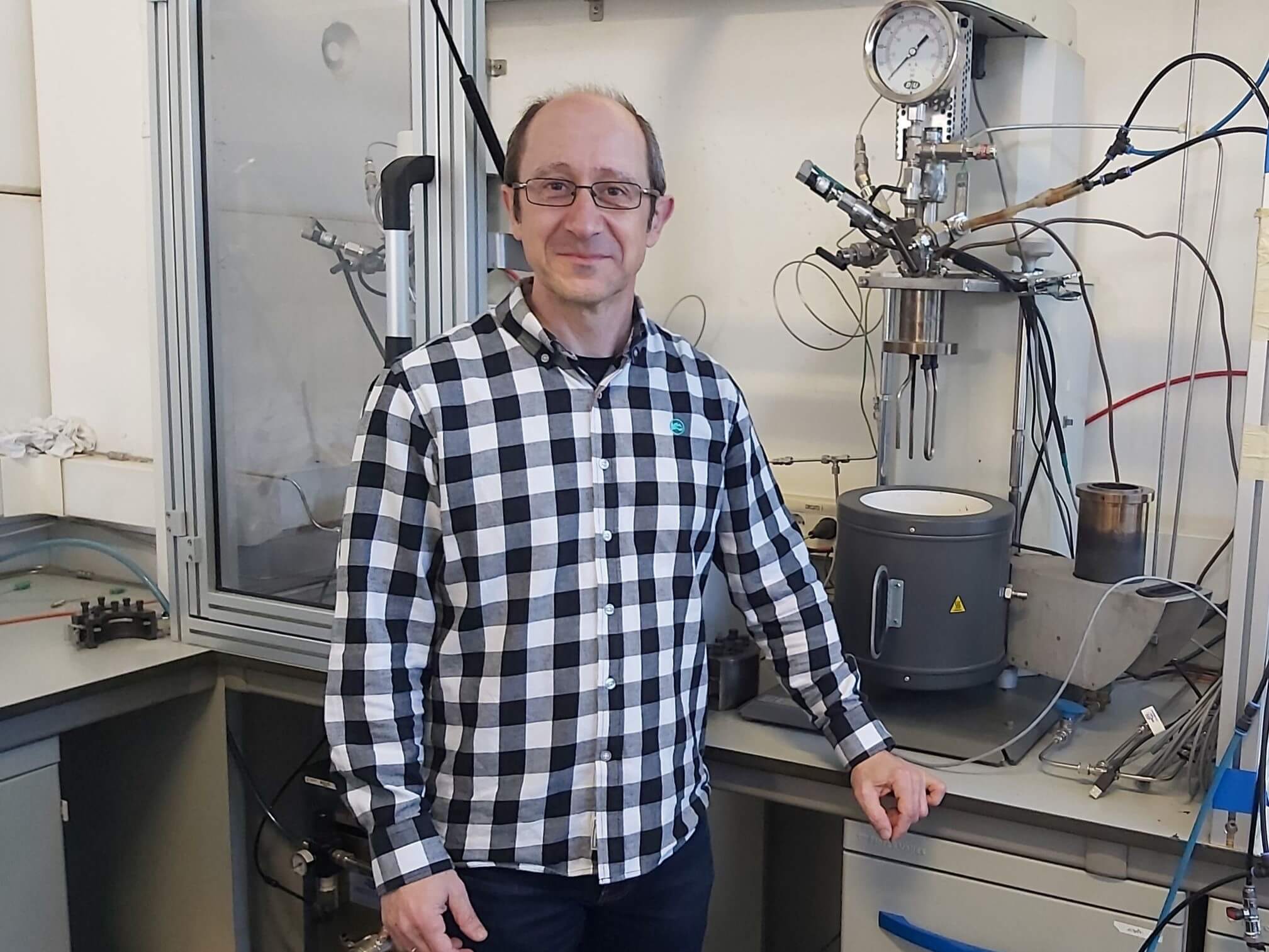
Research groups and companies from four countries, Spain, Finland, Sweden and the United States, are part of the Oxikraft project in which, for three years, they will work to enable pulp mills to transform their combustion processes and promote the creation of integrated green energy parks.
The aim of this international project is to advance knowledge of the oxy-combustion process applied to recovery boilers in the paper industry. The aim is to use oxygen instead of air, so that it is possible to capture CO2 and achieve negative emissions of this greenhouse gas, as it comes from a renewable source (wood).
Pulp mills burn black liquor from the wood used as raw material. Worldwide, around 220 million tonnes of black liquor are produced annually. This makes lye the most important biomass-based energy source in the world. The United States is the largest producer, with more than 60 million tonnes per year. In Europe, Sweden and Finland rank first and second with 12 and 10 million tonnes respectively, while Spain is the fifth largest producer with four million tonnes of black liquor.
Applying the oxy-combustion process globally could reduce CO2 emissions by almost 300 million tonnes, integrate different green technologies (such as the production of biofuels from CO2) and increase the efficiency of electricity production in the paper sector.
Seven partners from the United States, Sweden, Finland and Spain, represented by the Thermochemical Processes Group (GPT) of the Engineering Research Institute of Aragon (I3A) of the University of Zaragoza, will be working on it for three years.
The Thermochemical Processes Group of the University of Zaragoza will study the behaviour of black lyes in combustion and the kinetic modelling of emissions in the gas phase, coordinated by researcher José Luis Sánchez.
The Oxykraft project partners will assess the implications of the research results for boiler design, design tools and cost assessment in order to, in a next step, implement the process on an industrial scale. This is part of the European commitment to reduce net greenhouse gas emissions to zero.
Project partners
Åbo Akademi University (coordinador), Finlandia; KTH Royal Institute of Technology, Suecia; Universidad de Zaragoza, España; ANDRITZ Oy, Finlandia; International Paper Inc., EEUU; Valmet Technologies Oy, Finlandia y Valmet Ab, Suecia.
About CET Partnership
The CET Partnership, the Clean Energy Transition Partnership, is an initiative co-funded by the European Union that brings together public and private actors from research and innovation ecosystems, from European and non-European countries and regions. CET Partnership aims to create and foster transnational innovation ecosystems and overcome a fragmented research and innovation landscape.
The Agencia Estatal de Investigación (AEI) is the Spanish funding agency, within the framework of the CETPartnership and participates through the call for International Collaboration Projects (PCI).
Funding awarded to I3A Unizar in the PCI 2023-2: 199.650,00 € (including 21% overheads)
Further information: https://i3a.unizar.es/en/projects/oxy-kraft-rb
